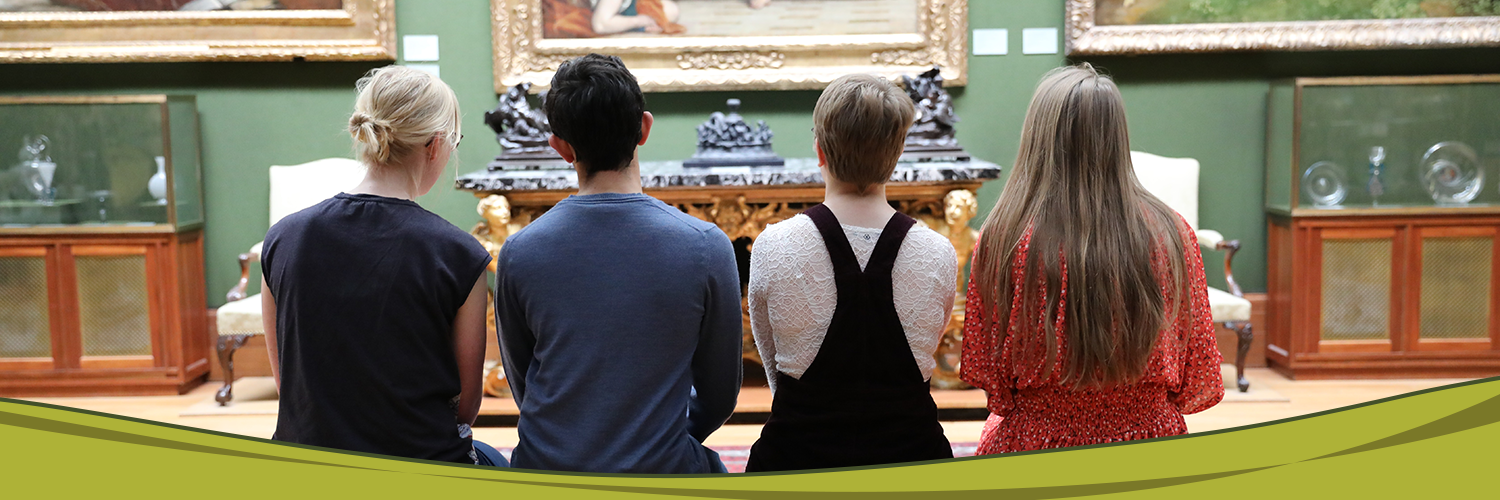Keywords: History, Literature, Comic Books, Cultural Heritage, Cultural Violence, Biodiversity, Cultural Diversity, Medieval, Identity, Transitions, Mythologising, Ethics, Frugal Archaeology, Decolonising
Summary of plan
The group discussed the value of the theme in relation to breaking away from negative legacies and how collaborating across disciplines would provide a holistic approach to understanding knowledge creation both in a historical and contemporary context. There was also a strong emphasis on engaging Postdoctoral Researchers and Early Career Researchers in the development of the theme. The group concluded that an initial mapping exercise of expertise/interest across the School, along with initial networking events, would be a good starting point to further develop a collaborative network of scholars working in this thematic area.
| Suggested focus and ambitions of theme |
Knowledge Creation: Who gets to be a part of knowledge creation in terms of the legacies – modes of knowledge creation and breaking away from the authorised discourse.
Breaking away from negative legacies / Decolonising legacies:
Working on legacies of colonialism overlaps with current research taking place in Archaeology on the Fens. The work examines the ways in which Fenlanders have been excluded from writing the
Humanities and Social Sciences leading research on Science and History: Even research projects that involve Science and History can sometimes be reluctant to take on board questions over traditional historical frameworks, because it’s a common point of reference. The group discussed how businesses and scientists are approaching historians and social scientists to analyse and interpret data on human movement. In this context, there is scope for Humanities and Social Sciences leadership on projects that are traditionally based in the hard sciences. |



